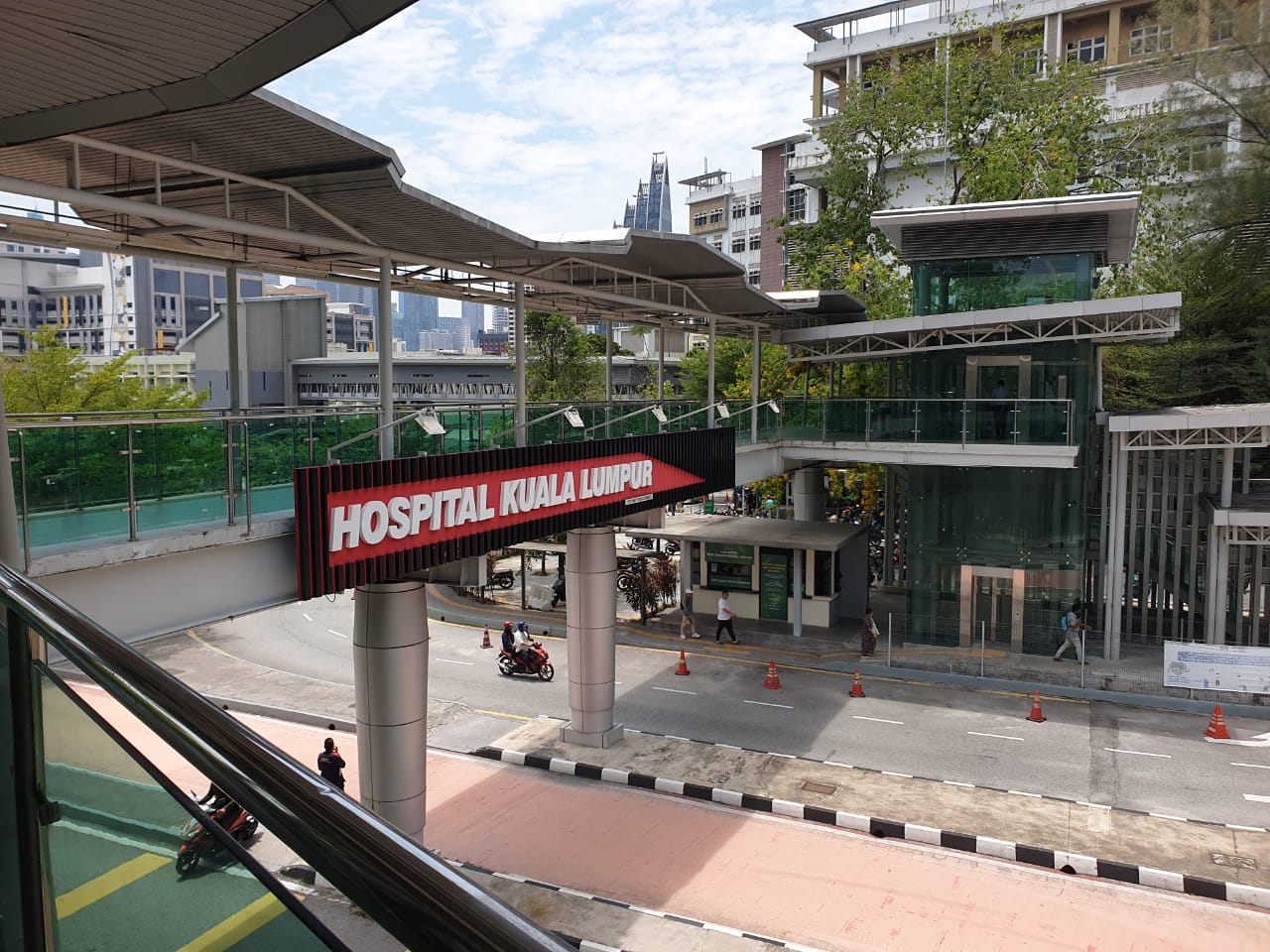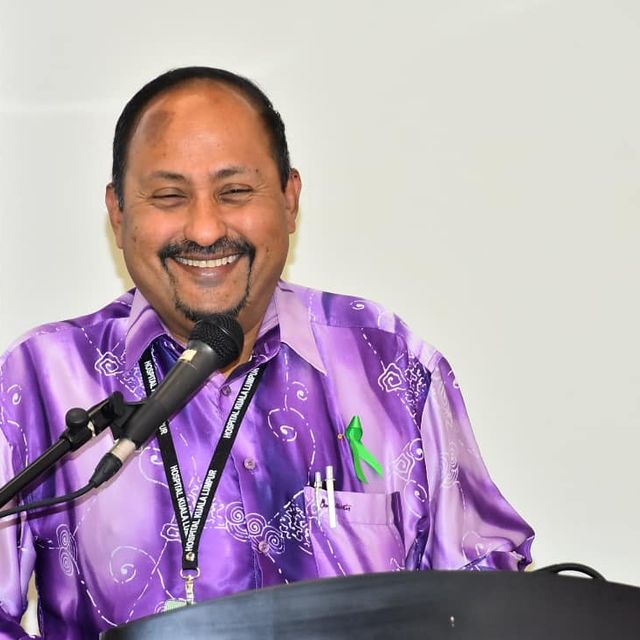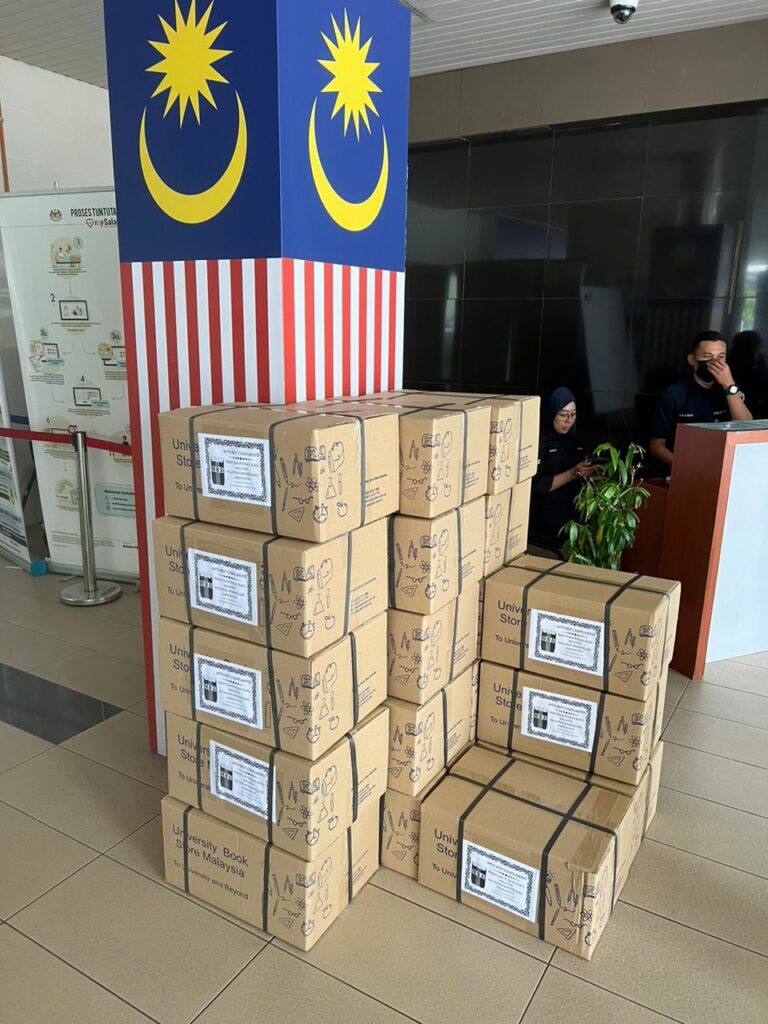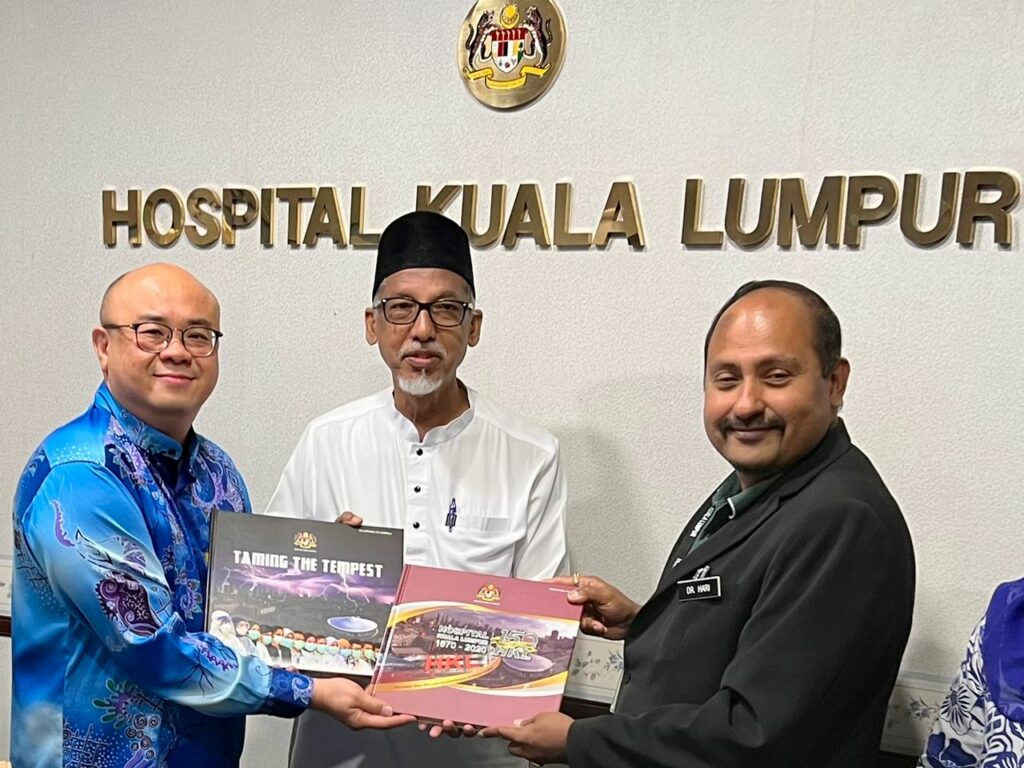
by Yong Soo Heong
KUALA LUMPUR, July 15: Hospital Kuala Lumpur (HKL), one of the biggest hospitals in Asia, is currently undergoing a digital transformation to enhance its pre-eminence as Malaysia’s top medical research and training hub.
Developed in 1870 as a district hospital with just three wards, it has expanded to more than 2,300 beds with more than 12,000 medical professionals and employees.
Today, HKL is also the national referral centre for multiple specialties and subspecialties in oncology, nuclear medicine and radiation; training centre for medical postgraduates and undergraduates, and the main clinical research centre for the Ministry of Health (MOH).
Under the stewardship of its newly-appointed director, Prof Dato’ Dr Harikrishna K.Ragavan Nair, he has set in motion various tasks to build on HKL’s position as the country’s foremost government hospital and to further raise its service levels.

To do this, HKL will tap on information and communications technology (ICT) to optimise its offerings and to avoid departments from working in silos.
In this regard, Prof Dr Hari, renowned for his expertise in wound management, said HKL is taking on a comprehensive approach to improve many aspects of its operations like patient care, staff welfare, facilities and resources, training and education, and information dissemination through enhanced ICT.
One of the key elements, he said, is to tweak and adopt a “thinking outside the box” approach towards improving service delivery and facilities within the available budget.
Prof Dr Hari, who takes on a very hands-on approach to his duties, has decided to tackle information management head-on to enhance service delivery, administration, inter-department collaboration, and education and training, especially through e-learning.
To move things in the right direction, he asked MOH’s Health Performance Unit to evaluate what needs to be done to get things up to speed. This includes revamping HKL’s website for more productive use and for patients and visitors to have information on the various services in the massive hospital complex.
Besides the website upgrade, a pivotal milestone in HKL’s digital journey is the installation of a real-time dashboard at Prof Dr Hari’s office, facilitating swift monitoring and remedial action, if necessary, across the hospital’s sprawling 61-hectare complex.
The dashboard was a result of a digital mapping exercise undertaken by its ICT division in just about a week to enable HKL establish its own health information system that will eventually link with the adjoining Hospital Tunku Azizah (Obstetrics & Gynaecology and Paediatrics services) and the nearby Institute of Respiratory Medicine (IPR) in Jalan Pahang. This is aimed at having a fully computerised integrated health information system for all three hospitals to link together as an integrated cluster.
Plans are also in the pipeline to get Hospital Ampang, Hospital Orang Asli in Gombak and the Cheras Rehabilitation Hospital, which are under the purview of the Klang Valley Cluster with HKL as the lead hospital, to be fully computerised and for all six locations to be linked together.
To consolidate the learning process and knowledge exchange of HKL’s clinicians, some of them have been sent to liaise with their counterparts at three other government hospitals in the Klang Valley in a programme known as e-privileging for them to learn from each other.
Prof Dr Hari, who is also the national advisor in primary health to MOH, is also looking at closer collaboration with the nearby National Heart Institute (IJN) in his belief that shared knowledge can bring about better outcomes.
Recognising the critical link between staff well-being and good patient care, he hopes that the greater deployment of ICT can reduce some of their workloads while expanding spaces for healing and reading corners for them to rest and resuscitate in soothing environments during their break time.

As such, he hailed the recent donation of RM100,000 worth of non-medical reading materials by the Malaysian Booksellers Association to HKL.
“These materials will be useful for them to take their minds off work, especially in managing mental health,” he said, alluding to the stressful environment that its staff have to face on a daily basis.

As for upholding the continued medical excellence at HKL, Prof Dr Hari is banking on the enhancement of its digital hub to serve its own clinicians besides external medical students, post-graduate researchers and trainers.
Against the backdrop of HKL’s wealth of medical information in its repository, the digitisation of such materials would save time and cost for students or specialists.
Another area where Prof Dr Hari is keen to push is the publication of research papers by its doctors and other senior staff for continued research and performance evaluation through the Hirsch or H Index, a metric used to measure productivity and impact.
“It’s all back to education again even for a service hospital like HKL,” he said, adding that it was not enough for doctors to say how many patients they had seen.
In stressing the importance of the Hirsch Index for scholarly output in advancing clinical practice, he said it would help quantify the cumulative impact and productivity of an individual’s research output for promotion evaluation and other matters.
“As an academician as well, I know the importance of the Hirsch Index as I’ve written more than a hundred research papers,” he said, adding that he has directed HKL’s Clinical Research Centre to use the Hirsch Index as a performance benchmark from now on.
Amidst various advancements and endeavours, Prof Dr Hari remains committed to fostering a culture of appreciation and readiness at HKL, and is full of praise of his dedicated staff, including many whom he described as “super specialists”.
“I am signing more letters of appreciation from the positive feedback that I get rather than from complaints,” he said.
As for resources and facilities, he is also consolidating spaces for better service delivery, including for clinical research and mass casualty incidents (MCI) training so that HKL would be better prepared should a major disaster occur.
And to improve the mobility of patients, a third shuttle van is being added to the existing two.
”We have to make it easier for our patients,” he said, adding that every complaint is also sent for his attention although an officer has been assigned to take immediate action.
WE